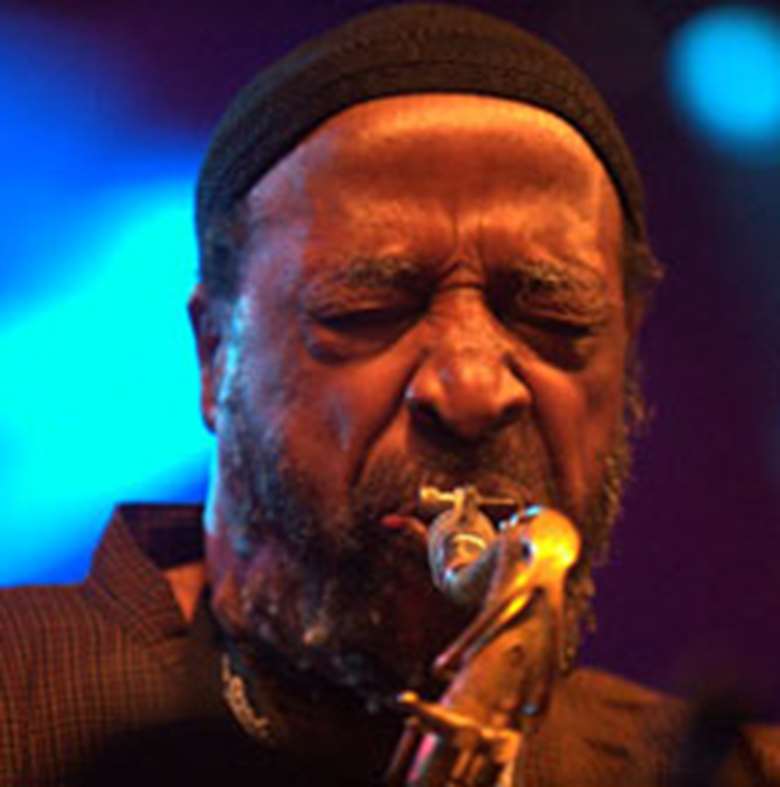Yusef Lateef – 1920-2013: A true adventurer in sound
Friday, January 3, 2014
Several African-American musicians took Muslim names in the 1960s.

Yet few lived up to them with the conviction of Yusef Lateef, who was originally born William Emanuel Huddleston in Chattanooga, Tennessee but assumed his familiar moniker, which means ‘the gentle one’ in Arabic, when he embraced Islam in Detroit in the 1950s.
Those fortunate enough to have met Lateef will vouch for his overwhelming humility and generosity of spirit. Several years ago, when he was honoured by the Danish Jazz Federation for his lifetime’s work he shed a tear at the memory of his dear friend Ben Webster rather than dwell too greatly on his own achievements.
There were many. More than any other artist Lateef brought the sounds of the universe to improvised music, and his introduction of a plethora of Asian and Middle Eastern reed and percussion instruments greatly enriched the sound canvas of the basic piano-horns ensemble.
Lateef’s championing of woodwinds associated with classical music, bassoon and oboe, stemmed from an irrepressible desire to see beyond genre, as he pursued the ideal of a musical Esperanto in which non-western scales and modes provided a platform for composition and improvisation. Landmark albums cut between the early 1960s and late 1990s – The Centaur And The Phoenix, Eastern Sounds, Into Something, The World At Peace – revealed a multi-instrumentalist intent on exploring robust overtones and esoteric timbres.
Yet Lateef never lost faith in the blues, and his swooning, swing-style tenor saxophone was supplemented by a sensual, charged singing voice that could warm the hearts of any gathering of lost souls. The world, as well as America, has lost a truly original adventurer in sound.
– Kevin Le Gendre